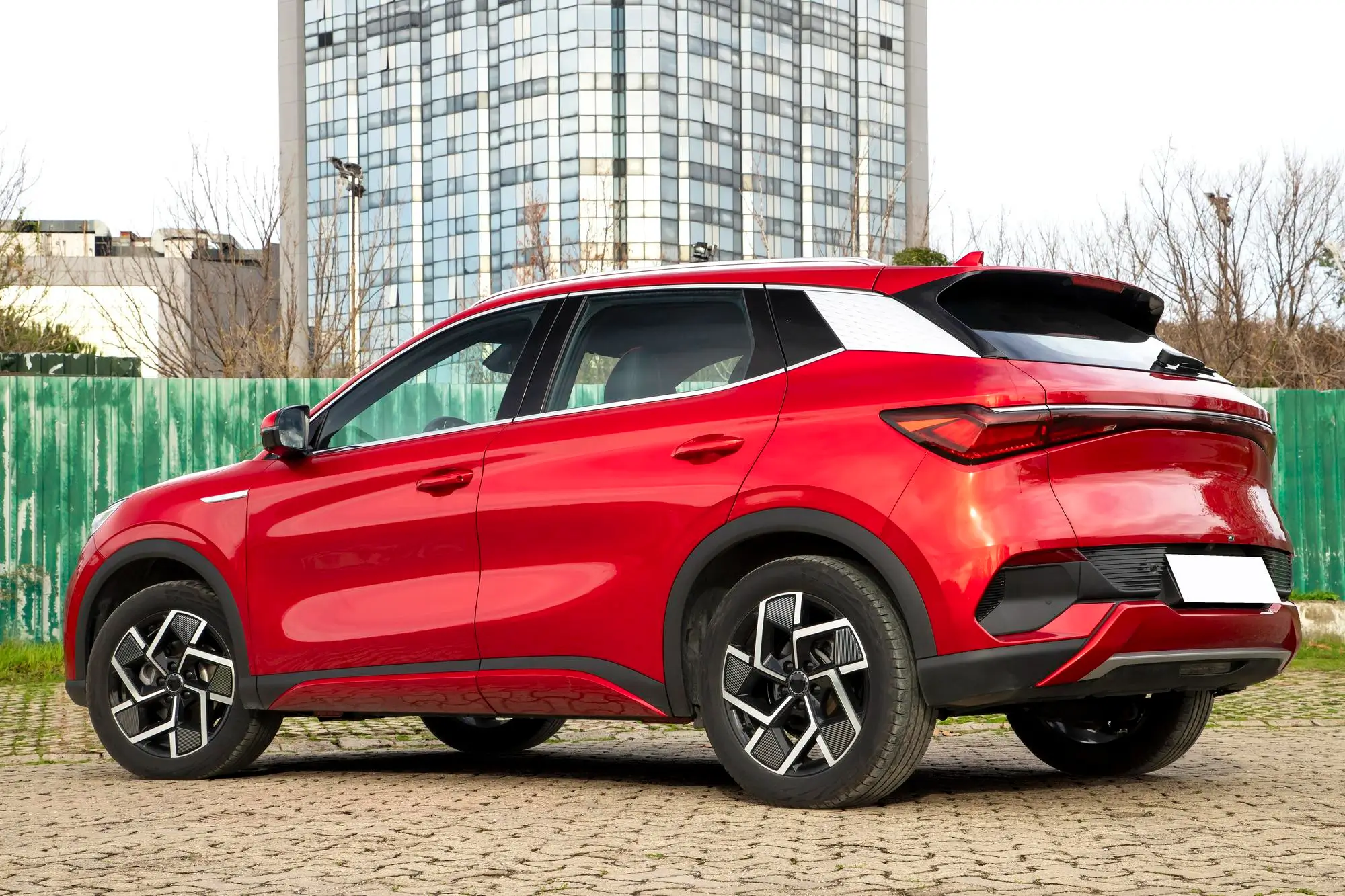When U.S. and European policymakers warn about the potential disruption from cheap Chinese electric vehicles (EVs), they often overlook the pricing strategy of China’s leading EV manufacturer, BYD. Contrary to expectations of market undercutting, BYD has opted for a significant markup on its EV exports. This article delves into the fascinating reasons behind BYD’s decision to charge substantially more for their vehicles abroad than at home, despite the ongoing price wars in the Chinese market. We explore the complex layers of this strategy, revealing insights not commonly discussed on mainstream platforms.

How BYD Sets EV Prices in Foreign Markets (PDF)
Understanding BYD’s Export Pricing Strategy
Strategic Markups Abroad
BYD’s pricing strategy on foreign soil is intriguing. For instance, the BYD Atto 3, a compact electric crossover, sells for approximately $19,283 in China, but the price jumps to $42,789 in Germany. This pricing is still competitive with similar EVs in the German market, showcasing BYD’s strategic placement in pricing brackets that align with market expectations while securing higher profit margins.
The Role of Cost Advantages
A significant factor behind BYD’s ability to mark up prices internationally lies in its cost advantages. Chinese EV manufacturers, including BYD, benefit from lower costs at every stage of production—from procuring raw materials to manufacturing batteries. These cost savings are amplified by government subsidies and the benefits of a vertically integrated supply chain. BYD manufactures nearly all components of its cars in-house, drastically reducing costs and allowing for aggressive pricing strategies overseas while maintaining high profit margins.
Market Dynamics and Consumer Perception
BYD and other Chinese automakers are not just selling cars; they are carefully crafting their brand identity on the global stage. There’s a deliberate move away from the stigma of producing cheap, low-quality products. By pricing their EVs higher, they are positioning themselves as premium brands worthy of competing with established European and American automakers.
Comparative Analysis of Pricing and Features
Comparing with Competitors
When comparing BYD’s export models with their domestic versions, there’s a clear pattern of enhanced features and slight modifications tailored to foreign markets. For example, the European version of the BYD Dolphin includes upgrades like a bigger battery and more advanced sensors, justifying some of the price increase. Yet, the markup is substantial enough to suggest that features alone don’t account for the full price difference.
- BYD Atto 3: Sold in Germany at $42,789 compared to $19,283 in China.
- BYD Dolphin: Price in Germany is $37,439, while it’s $16,524 in China.
These markups are considerably higher than those seen with other Chinese and international brands, suggesting a strategic choice rather than a necessity.
Profit Margins and Export Strategies
The strategy to maintain higher prices abroad provides BYD with robust profit margins, offering flexibility to adjust prices in competitive scenarios or invest in further technological advancements. This approach also reflects a broader strategy where Chinese EV makers anticipate future market expansions and establish a foothold in new regions by emphasizing quality and value over just low cost.
Conclusion
BYD’s export pricing strategy is a calculated move to balance profit-making with global market penetration. By maintaining higher prices, they not only enhance their brand’s perceived value but also capitalize on the significant cost advantages nurtured within China. This approach allows them to navigate various international markets effectively, adapting to competitive pressures and consumer expectations while safeguarding their bottom line. As BYD and other Chinese automakers continue to expand globally, their pricing strategies will play a pivotal role in shaping the dynamics of the global EV market.
In the context of a rapidly evolving automotive landscape, BYD’s strategy offers key insights into how emerging market players can challenge established norms and redefine market expectations, turning potential competitive disadvantages into robust competitive edges.

